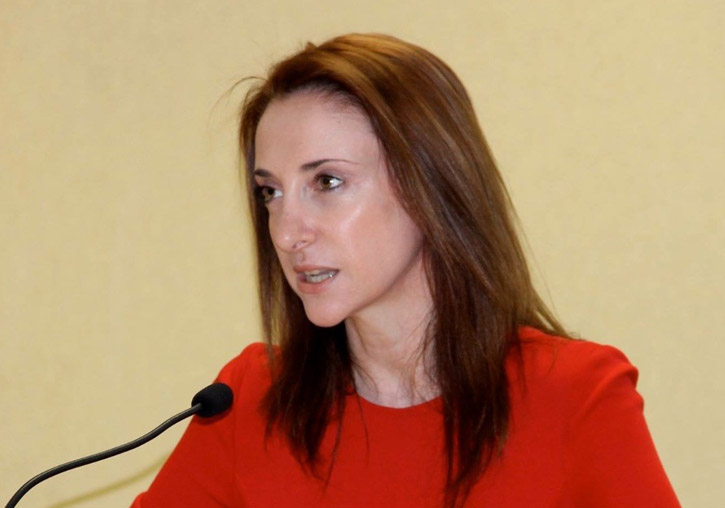
The professor of Philosophy of Law and researcher at the University of Valencia (UV) Ángeles Solanes has legally reviewed in a scientific article the notion of climate refugee and evidence that environmental degradation can compromise the effective enjoyment of the right to life and lead to the need for international protection. With her analysis of the work of the United Nations Human Rights Committee and others, the expert is committed to legally linking climate change and human mobility.
Currently there is no specific legal statute at the international level that contemplates the case of people who leave their country of origin for permanent climatic reasons. The Geneva Convention on the Status of Refugees considers a refugee “a person who is outside the country of his/her nationality (or who lacks nationality) and who, due to a well-founded fear of being persecuted for the reasons specified (race, religion, nationality, membership of a certain social group or political opinions) cannot or does not want to return to said State and is in a situation of need for international protection”.
However, this definition was established in 1951, when the climate emergency was not on the table of any international organisation. This is why the United Nations Human Rights Committee proposed an extensive reading of the refugee definition, which includes environmental causes as the reason why a person cannot return to his/her country of origin. Furthermore, as Solanes explains, “the interpretation of the Human Rights Committee is not an isolated issue, but there are other legal bodies that relate climatic factors with the need for protection for the affected people”.
The legal debate on the concept of climate refugee is controversial. The author argues that it is urgent to establish a connection between climate change and human mobility, “which translates into the guarantee of protection that the affected people need and in the exercise of responsibility that falls to the States”. In this sense, Solanes does highlight and positively value the advances in international law. “In my opinion, the paradigm is changing. That we pay attention to this issue is already progress and, despite the fact that legal transformations are slow, it is positive that there is a social sensitivity”, she reflects.
The importance of precedents
In the article – which is part of the MULTIHURI project of the Ministry of Science and Innovation – Solanes illustrates the case of Ioane Teitiota, a citizen of the Republic of Kiribati who submitted an application for refugee status due to climatic causes to New Zealand that was rejected. Thus, Teitiota filed a complaint with the United Nations Human Rights Committee and, although they did not agree with him, the institution’s opinion marked a before and after, since for the first time a United Nations body established a relationship between the search for protection linked to asylum and the effects of climate change.
But this has not been the only paradigmatic case. In January this year a French court recognised a Bangladeshi citizen as a climate refugee. The sentence concludes that he cannot be extradited to his country of origin due to his high pollution, since he suffers from a chronic respiratory disease and poses a risk to his health. As the researcher Solanes says, these precedents are important: “I consider it relevant to value what these courts do in international jurisprudence, because they show the urgency of having a status for climate refugees worldwide”.
Article:
Solanes, A. (2021). “Desplazados y refugiados climáticos. La necesidad de protección por causas medioambientales” Anales de la Cátedra Francisco Suárez 55, pp. 433-460 DOI: https://doi.org/10.30827/acfs.v55i0.15534

.jpg)







